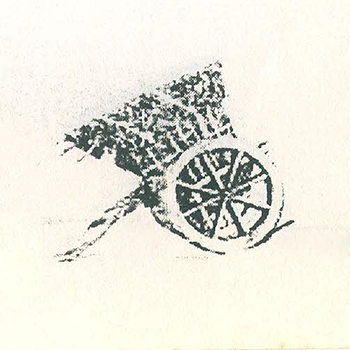In the olden days, palakis or menas, which are structures carried on shoulders by slaves, were a popular means of transport. Other means of transportation were riding on tamed animals like elephants, horses, donkeys, and camels. Then the carriages were combined with animals to form bullock carts or horse carts. Let the transportation be of any kind the owner uses to make it himself or under his supervision. Everything in the vehicles has the personal touch of the individual using them, from saddles on horses to cushions and curtains in Palakis, to the point of making them a work of art without sacrificing their functional value.
Personalisation is a psychological need for human beings. If there had been a natural difference in the looks of people showing their educational and economic status in society, the need for personalization would not have been there. This need for personalization is specifically observed in objects used by human beings. We like to create our own environment around us. In today's time of "mass manufacturing," we have to add our own touch to the things we buy, to give them a sense of belonging. This gives scope to our creativity and adds colour to our lives. This gives identity to the product. Thus, anything we buy, may it be a bag, a house, or even a car, we like to add our personal touch to it. While doing this value addition, we might borrow ideas from elsewhere. Thus, we find lots of car accessories to be direct derivatives of house accessories.
